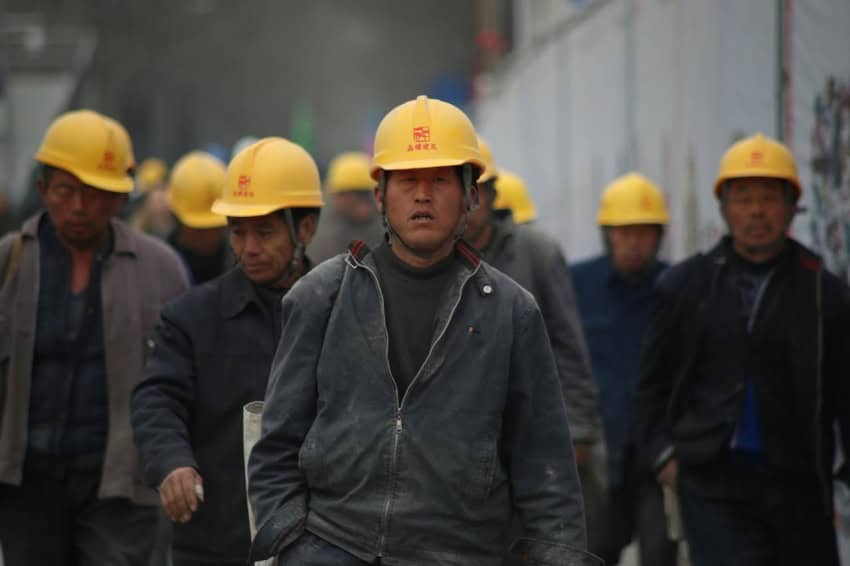TOKYO – Japan’s government is making it easier for foreigners to stay longer in the country with fresh amendments to the visa regime.
The government would gradually end its technical trainee program and replace it with a different program as Nagata Yuki, head of the policy coordination department at the country’s immigration bureau, confirmed the development.
The technical trainee program began in 1992 but has met some limitations as the trainees only get the minimum wage and are devoid of bonuses, unlike locals. They are also not allowed to switch to another area to work even if a job does not suit them or employers ill-treat them.
The program has been under fire as critics say it treats trainees as cheap manual labor, prompting calls for ending this and replacing it with a more efficient program.
Yuki has now detailed that a new program would focus on three things: protecting the rights of foreign workers in Japan and giving them chances for promotion, allowing them to switch workplaces, and improve their Japanese language capabilities.
As far as the current status is concerned, a bill will be submitted to the Diet (national legislature of Japan) to revise the Immigration Control and Refugee Recognition Law to include the new residence status of “ikusei shuro” (training work).
An important aspect of the new program is that it allows foreign workers to change jobs after working with that status for one to two years.
Regarding the timeline of implementation, if the lawmakers pass the bill, the revised law would likely take effect about three years later.
The legislation is aimed at securing workers in industries facing labor shortages. Though complete and official details are awaited, media reports say that the training work visa will have an upper limit of three years, but if the individual obtains the required Japanese language and other skills, they could switch over to the specified skilled worker visa.
The proposed legislation will also include a provision that permits the government to revoke the training work visa if the individual intentionally fails to pay taxes and social welfare insurance premiums – a clause that has also invited criticism for the government.














